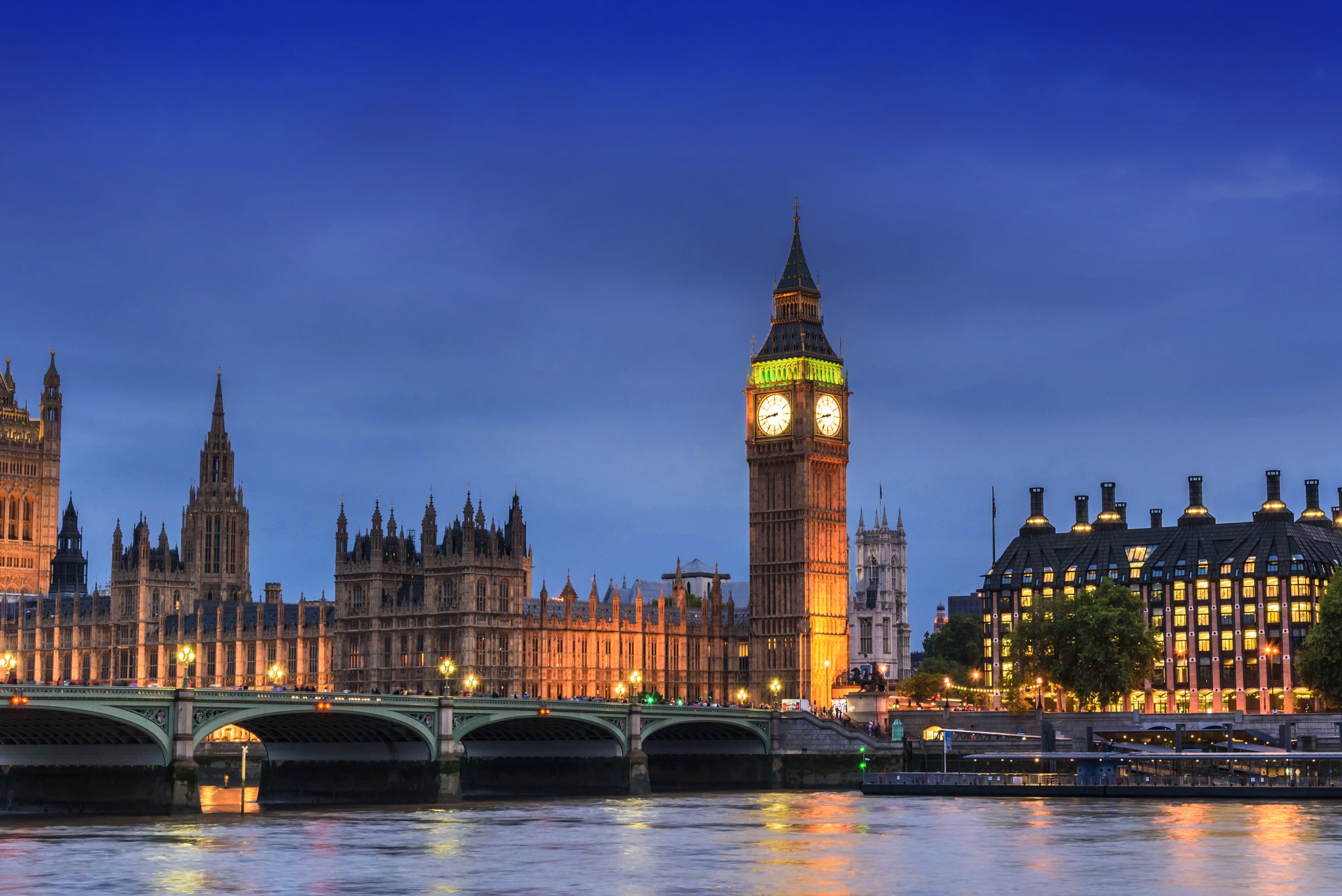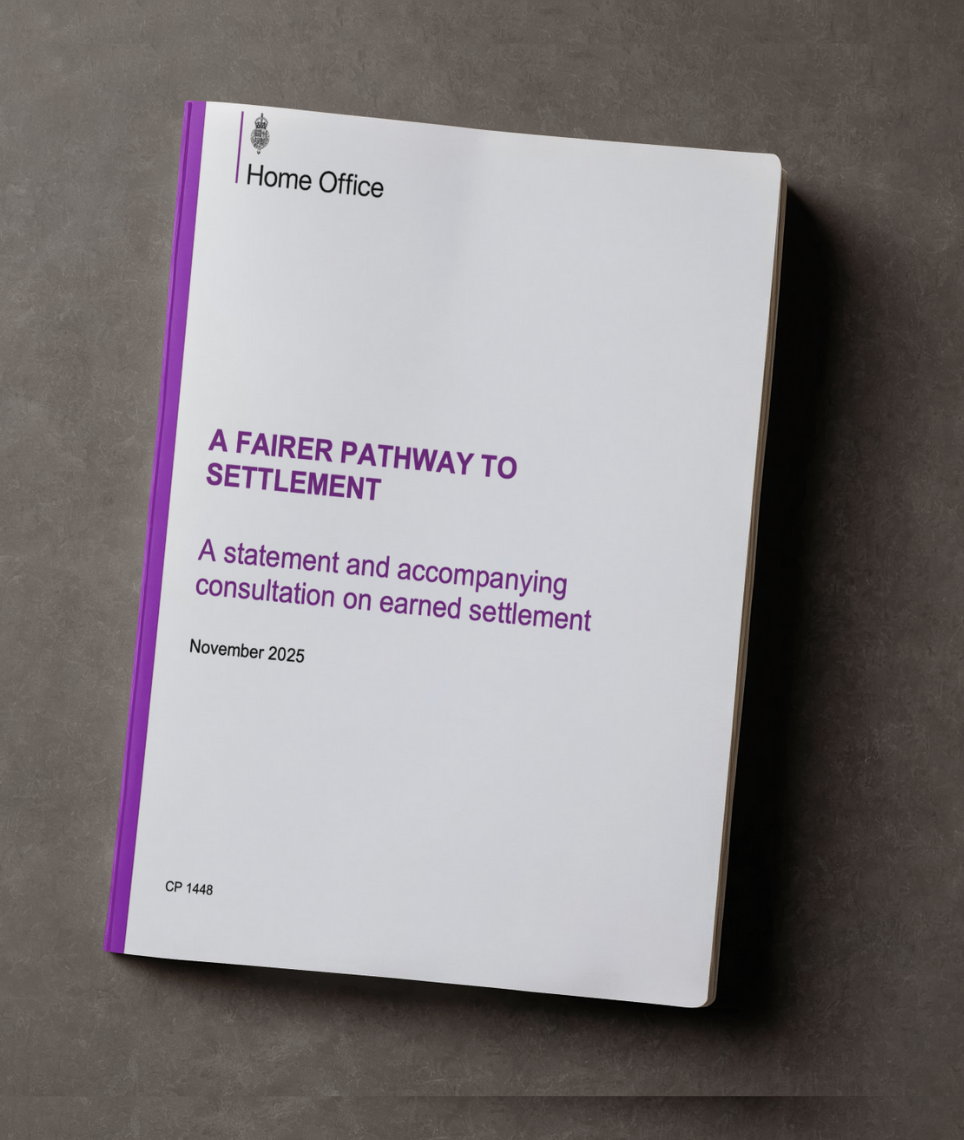
Understanding the Immigration Health Surcharge (IHS)
The Immigration Health Surcharge was introduced in 2015. It is a fee that is paid on top of most visa applications, and grants individuals full access to NHS services during their stay in the UK. The fee is charged per year, covering the duration of the visa applied for.
Implemented from 6 February 2024, the Immigration Health Surcharge has increased significantly from £624 to £1,035 per year, per person for most UK visas, and from £470 to £776 a year for children, students, and Youth Mobility visas.
There is no option to opt out of the Immigration Health Surcharge, even if you plan to rely on private healthcare.
The consequences of not paying the surcharge means a visa application is invalidated, leading to the rejection of an application. Therefore it is essential to understand if the Immigration Health Surcharge applies to you and your dependents.
Who has to pay the Immigration Health Surcharge?
The Immigration Health Surcharge will have to be paid by most applicants from inside the UK seeking limited leave to remain and applicants (including dependants) outside of the UK applying for entry to the UK. The charge does not need to be paid by most short-term visitors with less than 6 months stay in the UK.
Who does not have to pay the Immigration Health Surcharge?
Certain categories remain exempt from the Immigration Health Surcharge. The full list can be found here on GOV.UK, and some notable examples are below:
- Those applying for indefinite leave to enter or remain
- Those seeking British Citizenship
- Health and care workers who are eligible for a Health and Care Worker visa
- Visitors
- Asylum seekers or those applying for humanitarian protection
- Domestic workers identified as victims of slavery or human trafficking
- Late applications to the EU Settlement Scheme
Applicants facing financial constraints can request a fee waiver by demonstrating their inability to afford the Immigration Health Surcharge.
Applicants facing refusal or who are withdrawing their application can apply for an Immigration Health Surcharge refund.
Some students who are EU Citizens may also be able to apply for a refund.
The refund process typically takes around six weeks. It’s important to note that refunds are withheld during ongoing administrative reviews or appeal processes.
Criticisms of the Immigration Health Surcharge
The surcharge, controversial since its initiation, faces objections on principled grounds, with critics highlighting that migrants already contribute to the NHS through regular taxes the same way that British citizens do. Additionally, concerns arise about practical application issues, like the scope of exemptions and the inability to pay in instalments. The complex rules and change in charges can also leave the most vulnerable without access to much needed healthcare.
The surcharge is arguably driven by the government’s fixation on reducing net migration and continued drive over the past 10 years to create a hostile environment for migrant people. Furthermore, following a year stricken with NHS doctor strikes, the government has been eager to give the impression that they are finding ways to put more money in to the NHS.
In summary, the Immigration Health Surcharge mandates fees for most visa applicants, sparking criticism on various grounds. Despite exemptions and refund options, the Immigration Health Surcharge remains a contentious aspect of immigration policy. Understanding your position and knowing whether or not you need to pay the charge is key in helping you plan for your future in the UK.
Need legal assistance on your UK immigration journey?
If you need legal assistance on your UK immigration journey or have any questions, fill out our contact form and we will get back to you and let you know how we can help you.

-

ILR Policy Changes: Advocating for Fairer Routes to Settlement
Read articleIn November 2025, the UK Government published A Fairer Pathway to Settlement, a consultation setting out significant reforms to Indefinite Leave to Remain (ILR), also referred to as settlement. Building on the May 2025 Immigration White Paper, the consultation proposes an “earned settlement” model that would extend qualifying periods, introduce income thresholds and penalties linked […]
-

The digital-only immigration system: exclusion in practice
Read articleThis article covers how a digital-only immigration system increases risk for marginalised communities. Since the Home Office introduced the digital immigration status and rolled out the eVisa, we have supported people navigating the new digital-only immigration system. This shift did not begin with eVisas. The EU Settlement Scheme (EUSS) was the first large-scale fully digital […]
-

How Immigration Is Shaping the Future of Britain’s High Streets
Read articleIn 2026, the British high street is still in transition. Across the UK, town centres continue to face rising costs, empty units, and the long aftershocks of the pandemic. Many national retail chains have not returned, and local authorities remain under pressure. Yet alongside this uncertainty, another story has been taking shape, one that points […]
Categories: Immigration NewsImmigration Rights
